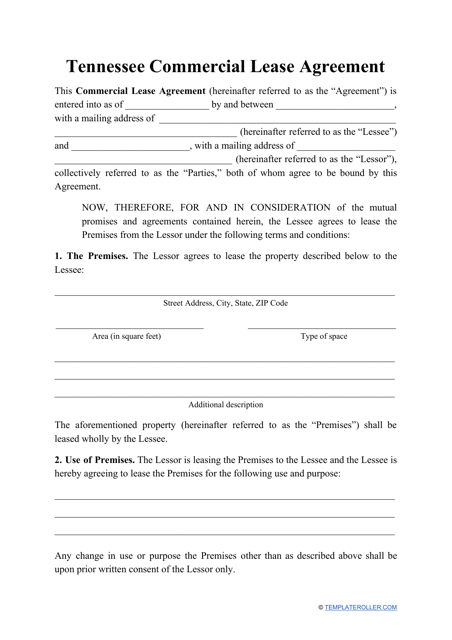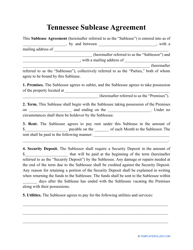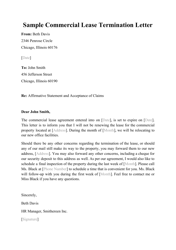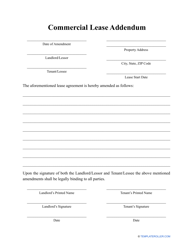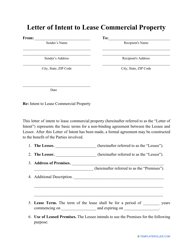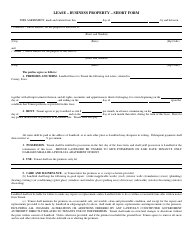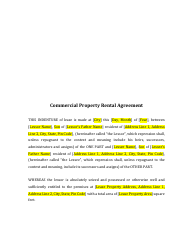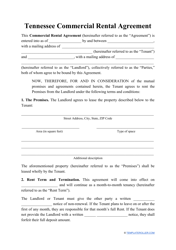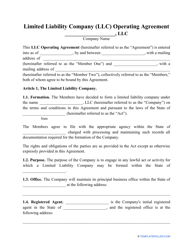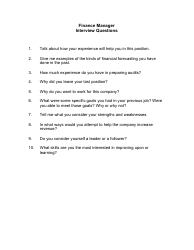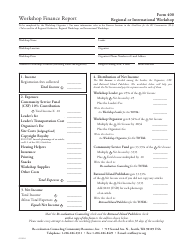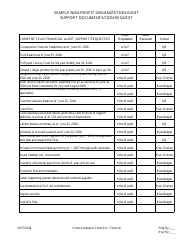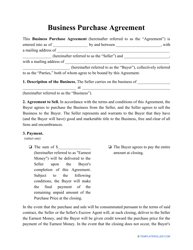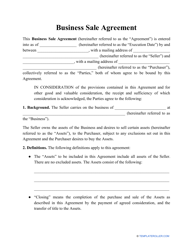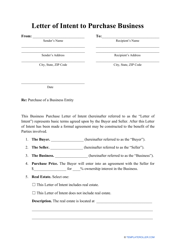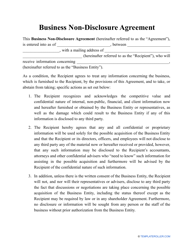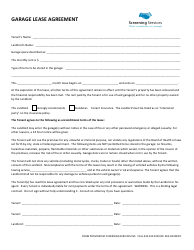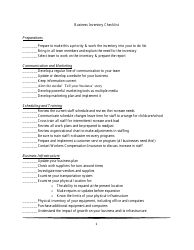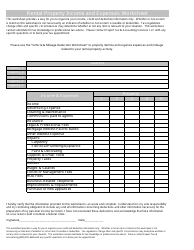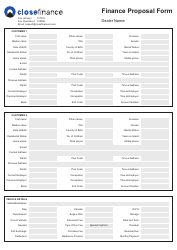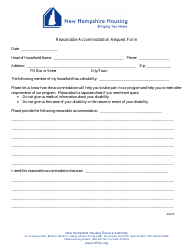Commercial Lease Agreement Template - Tennessee
A Commercial Lease Agreement Template in Tennessee is a document used for renting commercial property in the state of Tennessee. It outlines the terms and conditions of the lease agreement between the landlord and the tenant.
The commercial lease agreement template in Tennessee is typically filed by the landlord.
FAQ
Q: What is a commercial lease agreement?
A: A commercial lease agreement is a legally binding contract between a landlord and a tenant for the rental of commercial property.
Q: What is the purpose of a commercial lease agreement?
A: The purpose of a commercial lease agreement is to outline the terms and conditions of the rental agreement, including rent payment, duration of the lease, and responsibilities of both the landlord and tenant.
Q: Is a commercial lease agreement enforceable in Tennessee?
A: Yes, a commercial lease agreement is enforceable in Tennessee as long as it meets the legal requirements.
Q: What should be included in a commercial lease agreement?
A: A commercial lease agreement should include details about the premises, rent amount and payment terms, lease duration, repairing and maintenance responsibilities, and any additional provisions or clauses.
Q: Can a commercial lease agreement be modified?
A: Yes, a commercial lease agreement can be modified if both parties agree to the changes and they are documented in writing.
Q: What happens if a tenant breaks the terms of a commercial lease agreement?
A: If a tenant breaks the terms of a commercial lease agreement, the landlord may have the right to take legal action, such as terminating the lease or seeking financial compensation.
Q: Can a commercial lease be terminated early?
A: Yes, a commercial lease can be terminated early if both the landlord and tenant agree or if specified termination clauses are included in the lease agreement.
Q: Is it recommended to consult an attorney when creating a commercial lease agreement?
A: It is highly recommended to consult an attorney when creating a commercial lease agreement to ensure that all legal requirements and provisions are properly addressed.
